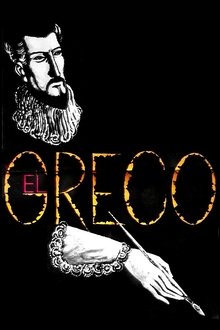Oei, later known as Katsushika Oi, was born the third daughter of Edo’s talented painter Katsushika Hokusai and his second wife Koto. Although Oei became the wife of a town painter for a time, her love of the paintbrush more than her husband spelt disaster and she comes back home to Hokusai from the family she had married into. This is how Oei starts to help her father out in his painting of the “insurmountable high wall”. Meanwhile, Oei can only talk to the painter Ikeda Zenjiro, who is her father’s student, about her pain and worries. Zenjiro has taken Edo by storm as Keisai Eisen, the master of ukiyo-e portraying beautiful women. He visits regularly because he admires Hokusai and secretly likes Oei although their relationship is like childhood friends. Oei respects her father whose paintings fascinated her and continues to work as a painter who supports him behind the scenes. When Hokusai’s masterpiece Thirty-six Views of Mount Fuji was completed, she was also by his side.
Related Movies

Francisco Boix: A Photographer in Hell (2000)
In 1939, just finished the Spanish Civil War, Spanish republican photographer Francesc Boix escapes from Spain; but is captured by the Nazis in 1940 and imprisoned in the Mauthausen concentration camp, in Austria, a year later. There, he works as a prisoner in the SS Photographic Service, hiding, between 1943 and 1945, around 20,000 negatives that later will be presented as evidence during several trials conducted against Nazi war criminals after World War II.
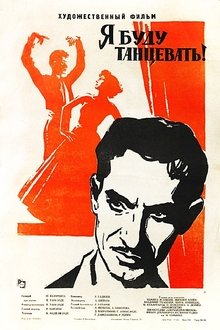
The Labour and Rose (1963)
The film is about famous Chechen ballet and folk dancer Mahmud Essembayev's life.
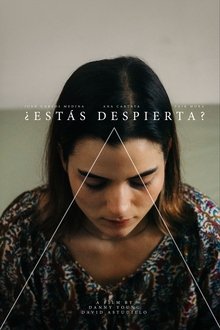
Are You Awake? (2025)
After seeking transcendence through shamanic rituals, Ana’s life is transformed overnight by an unexpected turn toward faith.

Enrico Piaggio: Vespa (2019)
It is 1945. Enrico Piaggio’s Pontedera factory is in ruins and the 12,000 people who worked there are condemned to unemployment and misery. Piaggio feels the enormous responsibility resting on his shoulders: the lives of so many families depend on his ability to create new jobs. A project is born in the mind of the entrepreneur: a small, robust, agile and affordable means of transport, capable of relaunching mobility, giving impetus to the recovery of the country’s economic and civil life. To make this dream come true, Piaggio turns to engineer Corradino D’Ascanio, a brilliant designer who uses the experience gained in the field of aeronautics to create the scooter that remains today the symbol of Italian creativity and design: the Vespa!
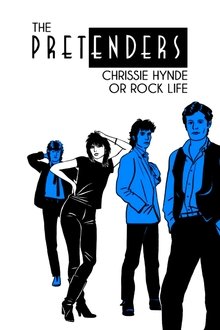
The Pretenders: Chrissie Hynde or Rock Life (2023)
A journey through the artistic life of the British-American rock band The Pretenders, formed in 1978, and a portrait of its leader, the charismatic singer and songwriter Chrissie Hynde.
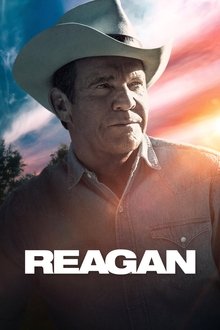
Reagan (2024)
Told through the voice of former KGB agent Viktor Petrovich, whose life becomes inextricably linked with Ronald Reagan's when Reagan first caught the Soviets’ attention as an actor in Hollywood, Reagan overcomes the odds to become the 40th president of the United States.
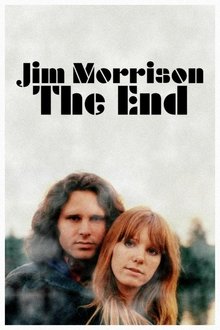
Jim Morrison: The End (2021)
Paris, Rue Beautreillis, July 3, 1971. The corpse of rock star Jim Morrison is found in a bathtub, in the apartment of his girlfriend Pamela Courson. The chronicle of the last months of the life of the poet, singer and charismatic leader of the American band The Doors, one of the most influential in the history of rock.
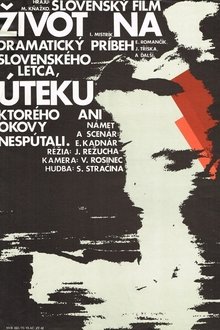
Život na úteku (1976)
In Slovakia, they often and gladly honored those soldiers who refused to serve the fascist regime and stood against it. Lieutenant Kukorelli also rejected the tempting career of a pilot, instead helping the resistance fighters and later participating in the Slovak National Uprising.
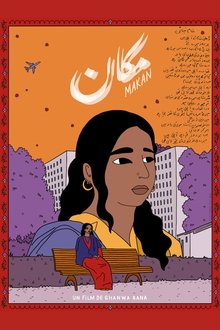
Makan (2023)
This is the story of many of us. Those who left their country, their families, their languages. For a new life, perhaps a better one. This is the story of my mother, who left everything to join her husband in France. To (re)build a family life, without knowing what awaited her: loneliness, a feeling of strangeness and the difficulty of expressing herself in a language she does not speak. I, Ghanwa, her daughter, slipped into my mother's shoes to tell her story.
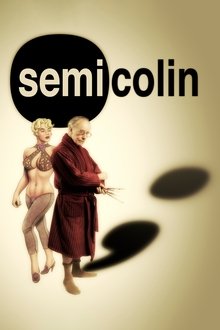
Semi Colin (2012)
Challenging all notions of genre, Semi Colin is a living, breathing art installation. Part performance, part art, part social comment, Colin philosophizes on his life's obsessive work as an erotic artist.

Tears of Neon (NaN)
At the age of five, Chris, a young village boy meets his mother, Czesława, who is at the cusp of conquering entertainment industry by adopting a new persona - Violetta Villas. An unbelievably talented, ambitious mother and a sensitive child go on a decades long journey through Warsaw, Paris and Las Vegas.

Menendez: Blood Brothers (2017)
Lyle and Eric Menendez were nice, educated boys from Beverly Hills, which makes the murder of their parents even more inexplicable. Never-before-seen details emerge in this investigation into their lives.

Walk the Line (2005)
A chronicle of country music legend Johnny Cash's life, from his early days on an Arkansas cotton farm to his rise to fame with Sun Records in Memphis, where he recorded alongside Elvis Presley, Jerry Lee Lewis and Carl Perkins.

Mahanati (2018)
Mahanati depicts the life and career of one of Telugu cinema's greatest and most iconic starlets, the first Indian female super star, Savitri.
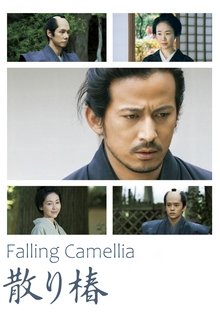
Falling Camellia (2018)
During the Edo period, a gifted swordsman was exiled from his clan when he questioned the misconduct of his leader. Years after, his dying wife wish was for him to go back to his clan.

Snapshot Fiasco (2023)
A model and a photographer, after hours of trying, strive for the perfect shot but face challenges as their high aesthetic standards get in the way.

Captain (2018)
V P Sathyan was a legendary footballer who played for the national team. But lack of recognition and depression forced him to take his own life. Captain is a biopic on the life of V P Sathyan.
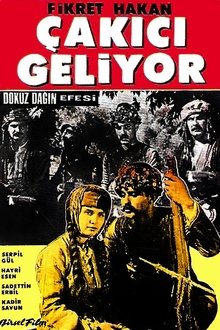
Dokuz Dağın Efesi: Çakıcı Geliyor (1958)
The film traces the life of Çakırcalı Mehmet Efe, a Zeybek (active as an outlaw in the region enclosing İzmir, Aydın, Denizli, Muğla and Antalya in modern western Turkey, from 1893 to 1910) whose father, Çakırcalı Koca Ahmet Efe was murdered by an Ottoman sergeant.

